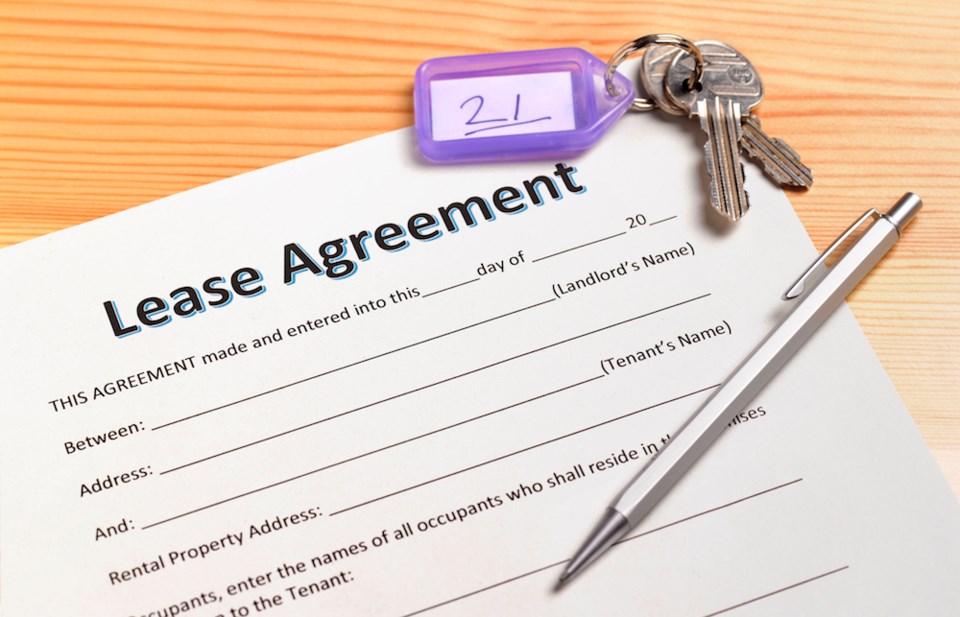A Richmond tenant will not have to move out despite not properly paying utilities to their landlord.
The landlord of the residence tried to evict the tenant after six utility payments were not made and applied to the BC Residential Tenancy Branch (RTB) to receive compensation for the unpaid utilities as well as the application fee.
However, the RTB declared the application void due to unclear instructions for utility payments on the tenancy agreement.
The name of the tenant and the address in question has not been made public by the RTB.
The landlord sent a letter dated Mar. 18 asking the tenant to pay $2,997.60 worth of unpaid utility bills, but documentation of the letter shows it was not sent until April 18.
A 10-day eviction notice was then sent to the tenant on May 25 stating if the utility bill was not paid, the tenant would have to move out by June 5.
According to the Residential Tenancy Act, a landlord can treat “unpaid utilities as unpaid rent” followed by a 10-day notice.
However, this is only the case if the tenancy agreement requires the tenant to “pay utility charges to the landlord” and if the charges are “not paid for more than 30 days” after the tenant is notified by a written letter from the landlord.
“I find that the tenancy agreement states that the utilities are the tenant’s responsibility but does not indicate whether the tenant is to put the utilities in their own name or pay the utilities to the landlord,” reads the RTB decision.
It added that the agreement did not “specifically require the utilities to be paid to the landlord.”
In its ruling, the RTB stated that the landlord cannot end the tenancy and the application was rejected. However, the landlord can reapply for the tenant to pay them back for the utility charges.
Under the Residential Tenancy Act, the tenant is entitled to stay until the contract ends and the landlord will also not be able to get their filing fee back.



